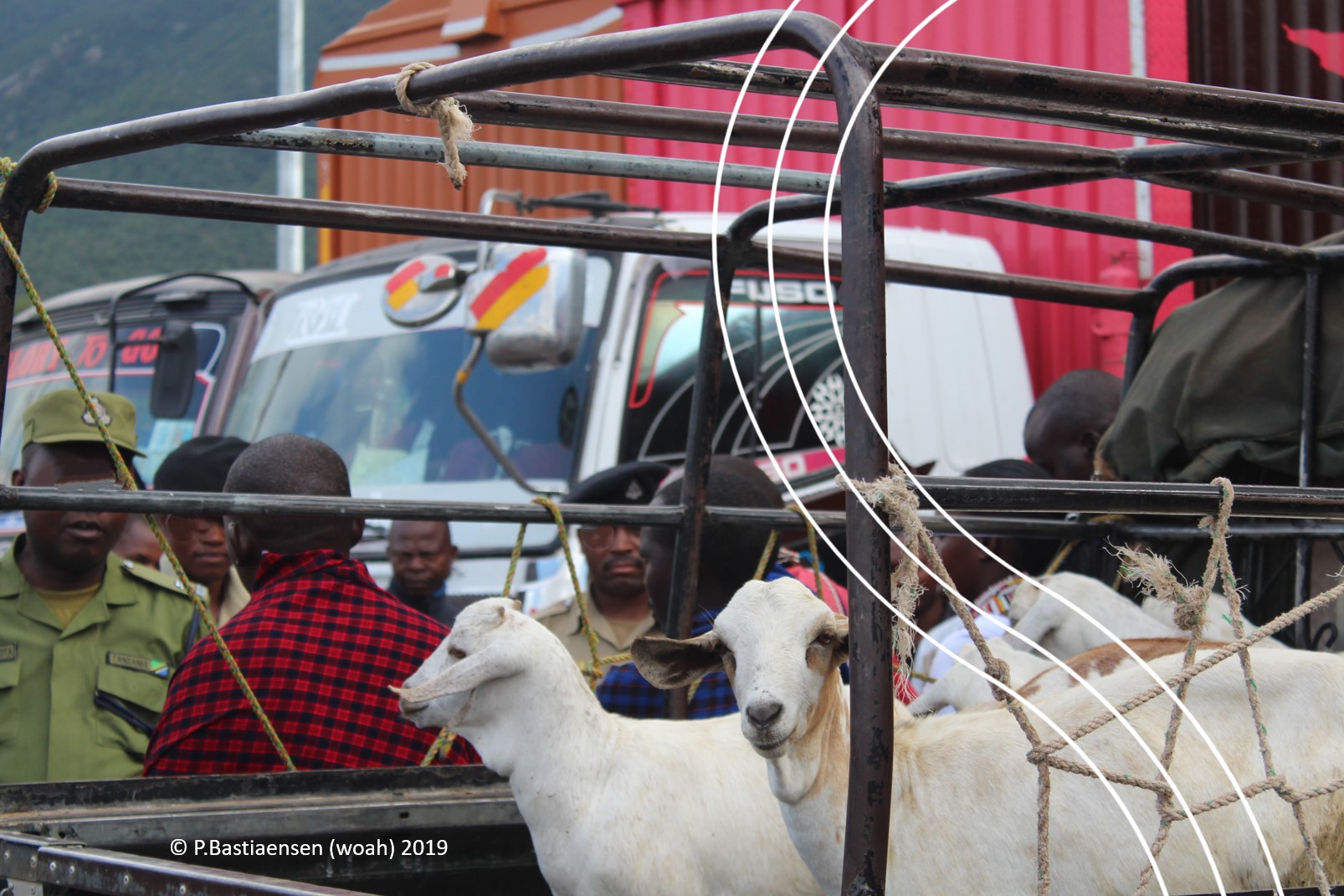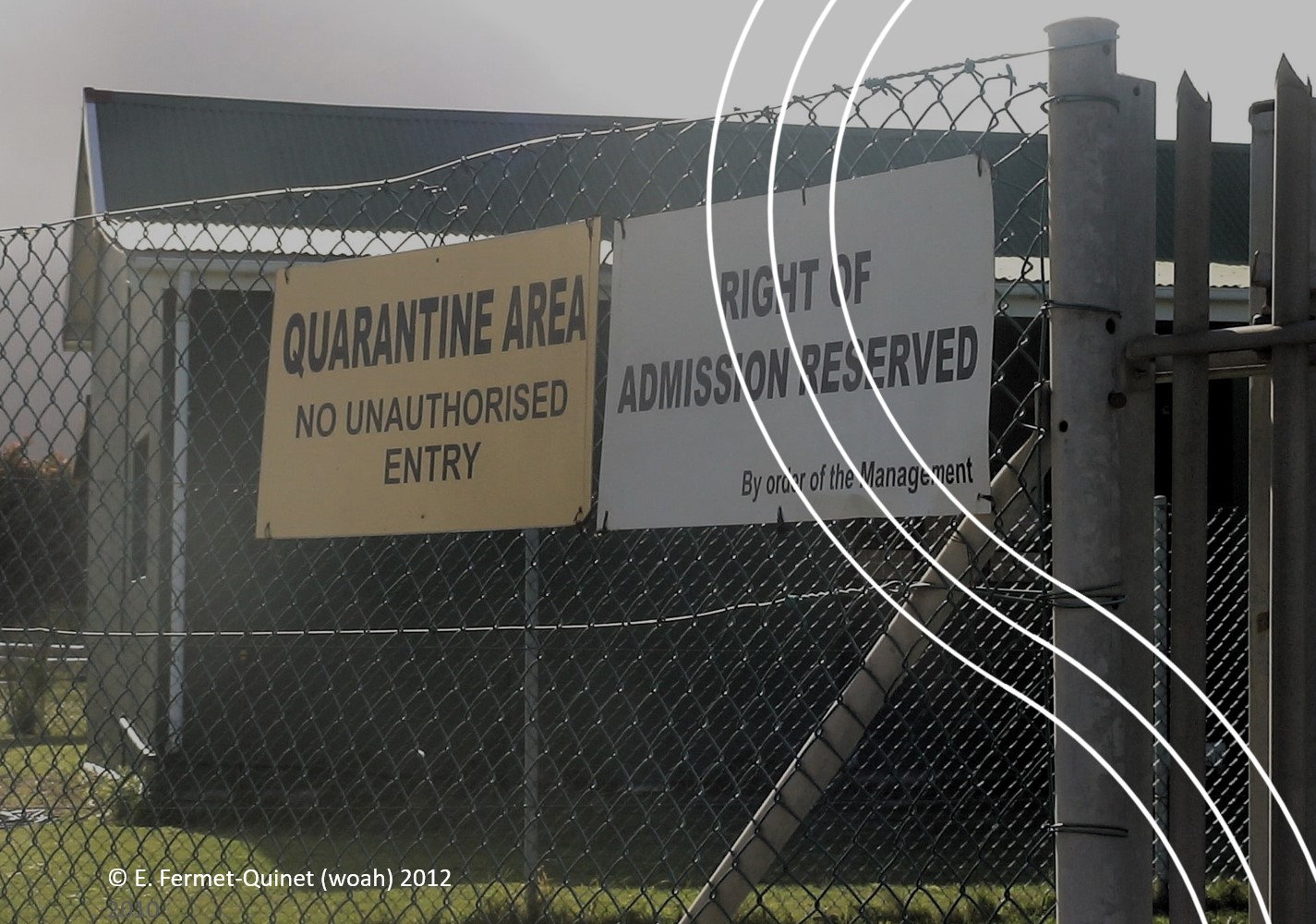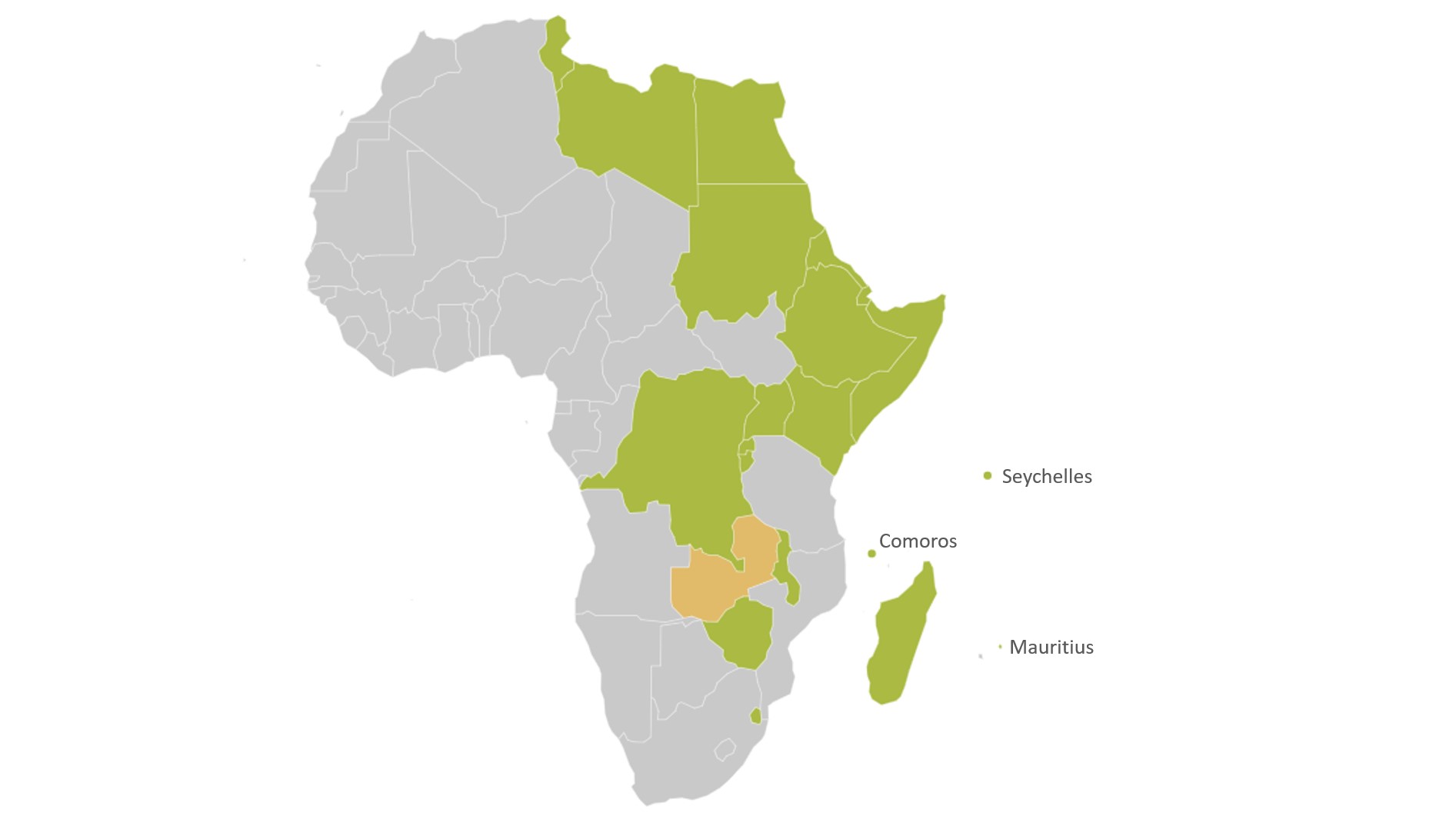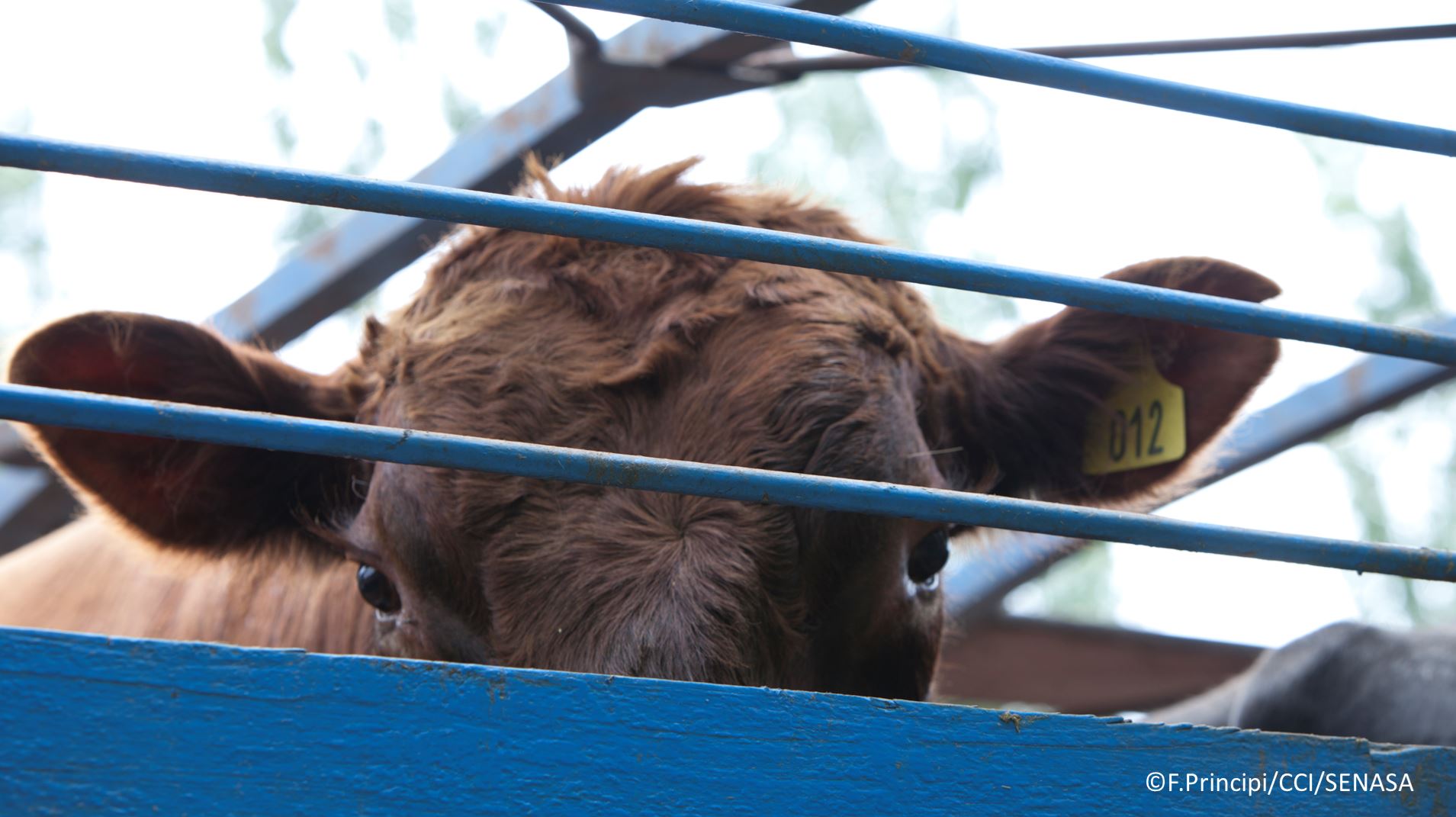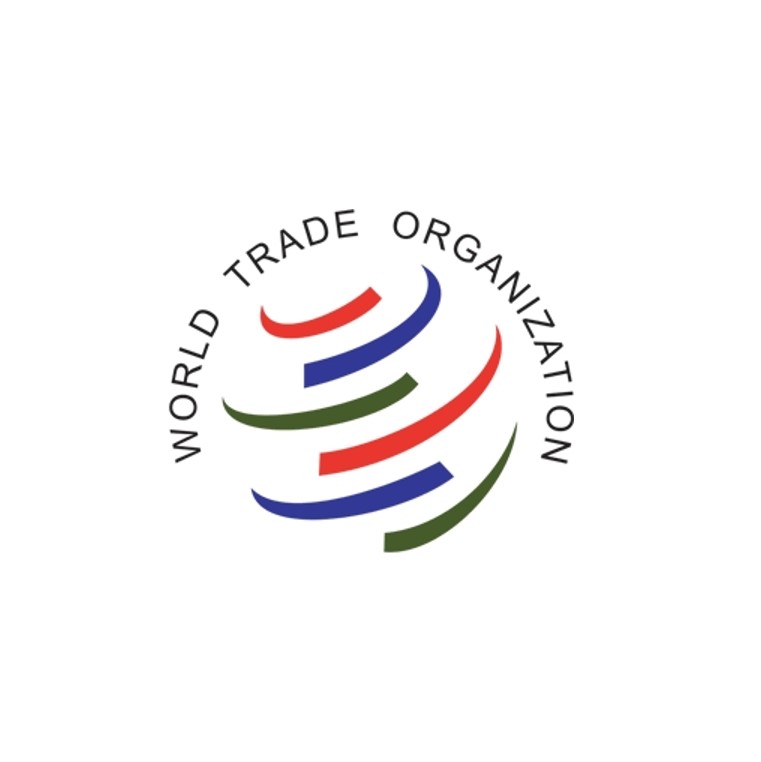
On the 16 October 2023, the WOAH Director General, Dr Monique Eloit appended her signature to a Contribution Agreement with the European Union which aims to provide for “Support from the World Organisation for Animal Health (WOAH) to the implementation of SPS Annex 7 of the African Continental Free-Trade Agreement (AfCFTA) Protocol on Trade in Goods”. This new EUR 1.57 million funding will go a long way in strengthening the African Continental Free-Trade Agreement, giving birth to the African Continental Free-Trade Area in 2018, and implemented as of 1 January 2021.
The African Union Sanitary and Phytosanitary (SPS) Policy Framework was developed in response to a request made by the Specialised Technical Committee on Agriculture, Rural Development, Water and Environment during its 2nd Ordinary Session in October 2017 and has been coordinated by the AU Department of Rural Economy and Agriculture (DREA).
The current WOAH-led project aims to support the African Union and the – meanwhile renamed – AU Department of Agriculture, Rural Development, Blue Economy, and Sustainable Environment (DARBE) on all matters ‘animal health’, in particular the following 6 strategic objectives of the said Policy Framework :
The support targets all WOAH Members which are also Members of the African Union (Output 1.1.), but will focus the more tangible activities with the Common Market for Eastern and Southern Africa (COMESA) Member States (Output 1.2.). This regional economic community covers parts of northern, eastern and southern Africa (see map on the left), with a strong focus on trade harmonisation as the name indicates, and with a strong track record of achievements in the area of SPS regulations. The COMESA covers 21 countries and its Secretariat is based in Lusaka, Zambia.
Activities are implemented as advisory technical services to the African Union (and COMESA) instruments and agencies, not directly to be implemented by WOAH (except for proprietary assessment and capacity building tools such as e.g. PVS missions or specific training on WAHIS or official disease status).
Even in the case of PVS missions, WOAH will engage with AU agencies’ staff (Interafrican Bureau for Animal Resources, Pan-African Veterinary Vaccines Centre, Centre for Ticks and Tick-Borne Diseases, Pan-African Tsetse and Trypanosomiasis Eradication Campaign and – potentially, in specific cases – the Africa Centres for Disease Control and prevention), as well as national veterinary experts in the Africa region to partake in the conduct of PVS Pathway missions, and be supported in conducting the (regional) analyses that may be needed, as it has already begun to do in 2018 (Dakar and Johannesburg orientation training seminars).
The 30-month workplan will be implemented under the responsibility of WOAH Sub-Regional Representation for Southern Africa, based in Gaborone (Botswana), with technical and administrative support provided by the WOAH Sub-regional Representation for Eastern Africa (Nairobi) and WOAH Headquarters, in particular by the Regional Activities Department, Capacity Building Department, Standards Department and Engagement & Investment Department.
Given this focus on SPS, WOAH will work closely with the two other international standard-setting organisations, IPPC and Codex Alimentarius, in order to align methodologies and approaches, avoid duplication of efforts and seek synergies in the engagement with the AU instruments and agencies, the COMESA Secretariat and the Member States.
